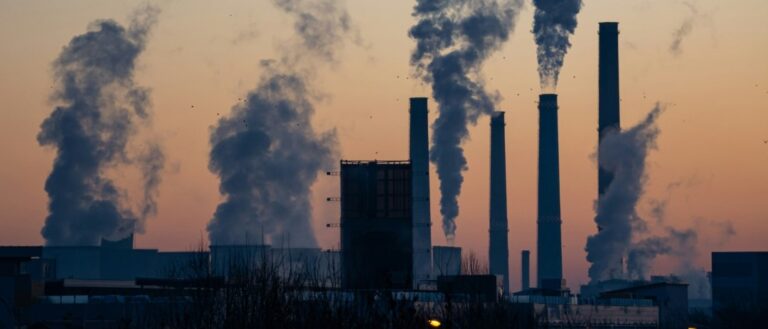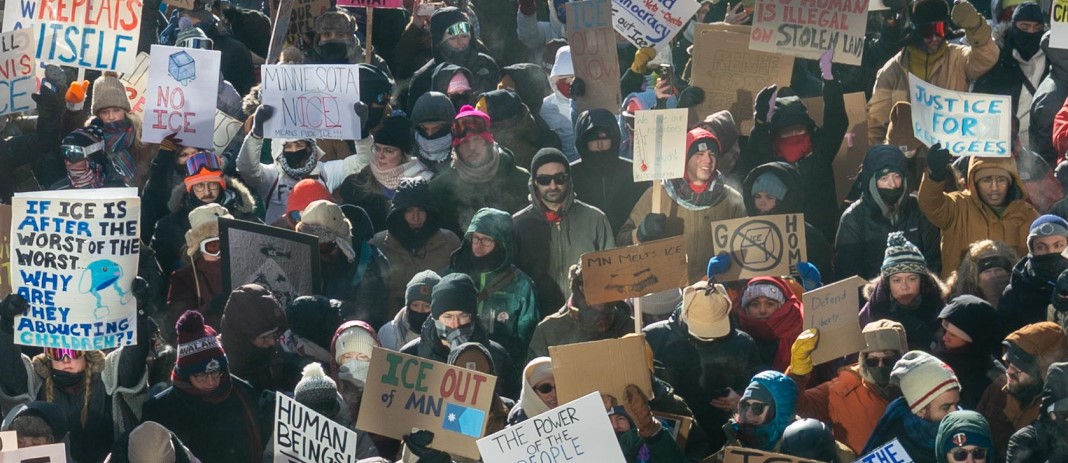Showing 2,942 results

Federico Holm | February 19, 2026
How has the local renewable energy ordinance landscape changed since mid-2023, the last time we took stock of this fast-moving policy issue? It turns out a lot has happened since then. In our latest analysis, we address this question by summarizing the major trends across the Lower 48, including a comprehensive update of our local ordinance database. This update provides advocates, journalists, researchers, and county board officials with valuable information, in an open and accessible way. With it, we seek to empower stakeholders with critical data in our efforts to ensure that the clean energy transition not only happens, but that it does so consistent with just transition and energy democracy principles.

Daniel Farber | February 18, 2026
Last week, the U.S. Environmental Protection Agency (EPA) overturned its 2009 finding that greenhouse gas emissions from vehicles endanger human health and welfare. EPA argued that it lacked the legal power to regulate these greenhouse gas emissions. As I have written elsewhere, EPA’s arguments are difficult to square with a landmark decision by the U.S. Supreme Court, Massachusetts v. EPA.

Sophie Loeb | February 17, 2026
Data centers are increasingly making headlines for the serious problems they create for the communities where they are proposed and built, as well as for the resistance from people who live there, who refuse to accept the rising energy bills, noise and air pollution, and strains on water infrastructure that inevitably accompany these new neighbors. On Tuesday, February 10, I moderated a webinar, “From Community to Congress: Advocating on AI Data Centers,” that broke down the (de)regulatory landscape of data centers.

Daniel Farber | February 13, 2026
The other shoe has dropped with the announcement of the final rule repealing the U.S. Environmental Protection Agency’s (EPA) 2009 finding that greenhouse gases endanger human health and welfare. The Trump administration has the nasty habit of announcing new regulations before posting them. That means that for the moment, we are limited to the EPA press release.

James Goodwin | February 12, 2026
Over the course of more than a century, serious statespeople came together to build the modern administrative state out of a shared commitment to redeeming their constitutional duty to form a more perfect union. The February 12 action to rescind the 2009 EPA endangerment finding represents the single greatest defiance of that project yet by the Trump administration.

James Goodwin | February 2, 2026
To the extent that people think about the U.S. Environmental Protection Agency (EPA) at all, they likely think of an institution that works to safeguard our health and well-being, and that of our environment. So, The New York Times made quite a splash recently when it reported that the agency had adopted a new policy under which it would stop considering the health benefits of two of the most harmful and pervasive air pollutants: fine particulate matter and ozone.

Brian Gumm, Bryan Dunning, Catalina Gonzalez, Federico Holm, James Goodwin, Sophie Loeb, Spencer Green | January 29, 2026
One of the core beliefs of the Center for Progressive Reform is that our collective problems require collective solutions. One of the reasons we embrace the administrative state is that it provides a uniquely powerful institutional forum within our constitutional system of government in which to put that belief into practice — and was indeed created for doing so. That vision has not always lived up to its full potential, of course, and building a government that lives up to that vision is a focal point of the Center’s work. What is currently happening with the violent occupation of Minneapolis and other cities across the United States by U.S. Immigration and Customs Enforcement (ICE), Customs and Border Protection (CBP), and other militarized civilian administrative agencies represents a categorically different problem, however.

Sophie Loeb | January 28, 2026
Two policy briefs published by the Center in recent months explain that even before the second Trump administration and the 119th Congress launched their broadsides against the Inflation Reduction Act (IRA), the scale and pacing of decarbonization was already lagging at investor-owned utilities. Most customers in the U.S. are served by investor-owned utilities. Due to their complicated mix of historical industry capture and political power, information asymmetries in the regulatory context, the profit motive of energy production and distribution, and tax policy, IOUs are often disincentivized from advancing an equitable clean energy transition. Our policy briefs explore several alternatives to the IOU model as part of a just transition to clean energy.

Alejandro Camacho | January 27, 2026
The world’s ecosystems have been subject to an increasingly dangerous cocktail of stressors from land and ocean over-development, invasive species, and pollution. But rather than stem the tide of these harms, the Trump administration has resurrected several regulatory changes to the Endangered Species Act designed to stifle species’ protections and provide land developers even more power to destroy invaluable ecosystems.